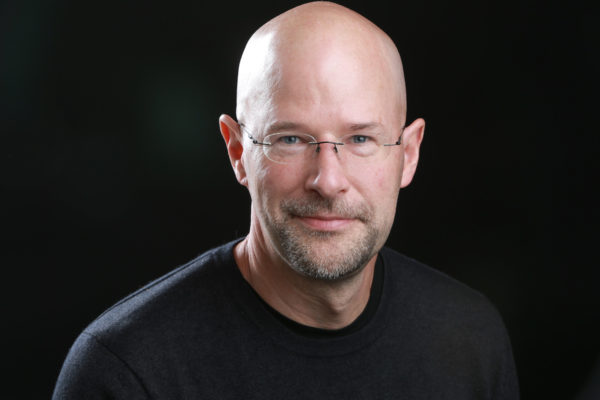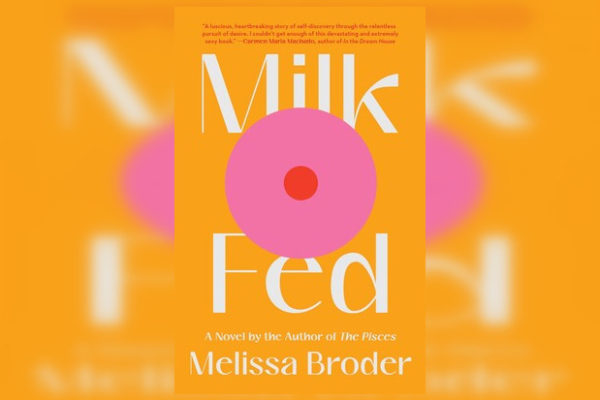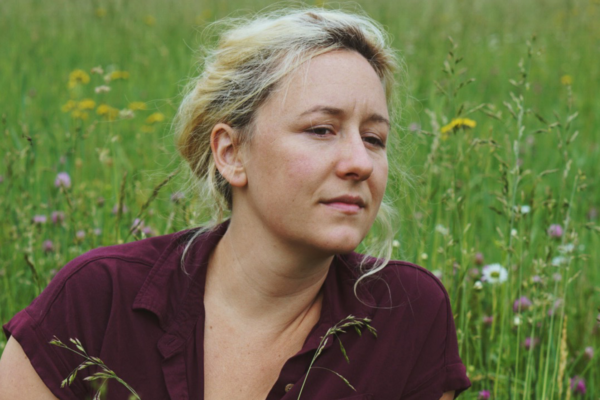Daniel Jones’ Modern Love column at The New York Times and his social media posts about the job (Twitter, Facebook) have granted him online-lit-celebrity status. Every week a new submission is posted to his column after having been read, responded to, edited, fact-checked, contracted, copy-edited, and confirmed. The odds for any writer to see their work published in the Modern Love column are, to put it bluntly, low. Blogs have scooped up Daniel’s writing tips (there are over 50) that he posts to the column’s official Facebook account.
For six weeks during the Fall 2016 semester at Columbia University’s graduate writing program, students participated in a master class taught by Daniel called Writing the Modern Love Essay (see course description, below). After the class ended, I had the opportunity to interview Daniel via email.
In this six-week master class, taught by the longtime Modern Love editor at The New York Times, students will read, write, and analyze first-person, nonfiction narrative that explores the complex bonds of human love, romantic or otherwise. Using a range of published Modern Love columns as our common reading, we’ll talk about content, voice, clarity, and authority in personal essay writing, along with the practical concerns of publishing revealing content in a newspaper for a mass audience. As the column is now available in audio form with the Modern Love Podcast, we might also listen to a few episodes and discuss what kind of storytelling works best in different mediums. Mostly, though, we’ll focus on what it takes to do this kind of writing well. By the end of the seminar, students will have written one 1500-word essay and several shorter exercises. Before the master class, students should read the column and listen to the podcast to familiarize themselves with the broad range of stories that appear under the heading “Modern Love.” (Rushing off to try to have a bunch of experiences worth writing about is optional.)
Andrew Miller: You may very well have written and read the word “Love” more than any other writer, or human, alive today. What word do you believe conveys the opposite of love, and why?
Daniel Jones: I think the opposite of love is indifference. To love is to care. To hate is to care. If you don’t care, you’re indifferent.
AM: When I google “Daniel Jones Author,” this result pops up:

My question: you’re a public figure, yet google hasn’t gotten your identity correct. Have you ever wished that you were the author of a work that you envied, or that hasn’t yet been written?
Additionally: do you think that online publication diminishes the relevance off an author’s identity? I’m recalling an example you mentioned in class, where, during a talk, you had mistakenly credited a ML writer with an outstanding finishing thought in their piece — only to realize they had received some editorial assistance from you in articulating that thought. So, can these essays count for more than what their authors intended? If so, how?
DJ: That’s funny; I’ve never seen that before. I think in general, though, Google finds me in plenty of places – I’m not yearning for all kinds of recognition I don’t receive. I’ve published four books and was proud of them all. I’ve been happier and more fulfilled doing this job than any other, so it’s hard to complain.
AM: You met your wife “over drinks and sandwiches” when she was screening MFA programs under the guise of a writing assignment, having flown in from New York. Whose idea was the drinks? Did you really not begin falling for her until you were “imagining her reading your story” that you gave her after the meeting? During that meeting, what single thing about her stood out most to you?
DJ: She had offered to take a female student in the writing program out to lunch so she could ask them questions about what it was like to be a woman in the program, but none of the women had time, or so they said. I was also on the list and had nothing better going on, so I said yes. I liked her eagerness and intensity and she liked my laid-back attitude. We’re still that way today, but now her intensity sometimes bothers me and my laid-back attitude sometimes bothers her. That’s just the way it goes.
AM: If an infinite number of ML editors assisted by an infinite number of ML interns sifted through an infinite number of ML submissions, could the true story of humanity’s exploration of love be told?
DJ: There is never just one true story. That’s the beauty of it.
AM: Why did you choose to teach a master class at Columbia titled “Writing the Modern Love Essay”?
DJ: Because I like Columbia, I like working with students, I like learning how to teach something, and I like earning a little extra money.
AM: Your course description mentioned that, by the end of the class, students will have “written one 1500-word essay and several shorter exercises,” but we only ended up writing a several-paragraph intro in your class. What other exercises can you suggest for aspiring ML writers?
DJ: Write 200 words about your most embarrassing moment. Write 200 words about your deepest regret. Write 200 words about the first time you realized you had really hurt someone.
AM: When was the last time you were really, really angry?
DJ: When I was about to leave on an 8-day trip to Europe and my iPhone touch screen stopped working.
AM: Since you started working on the ML column, how have writers’ approaches to love changed? To what extent do you ascribe any changes to the column’s growth and increase in popularity?
DJ: I haven’t noticed any different approach to love, except in the sense that many people who submit to the column would not have thought to write their story if the column didn’t exist. Reading the column seems to promote self-analysis and reflection and that makes people want to tell their own stories.
AM: Can love ever be a bad thing?
DJ: I think desire can lead us to make choices that disrupt our lives. Maybe that disruption is positive or maybe it’s negative – depends on the circumstances and outcome. But love, as a word, suggests affection, protection and caring, and these things are usually good.




